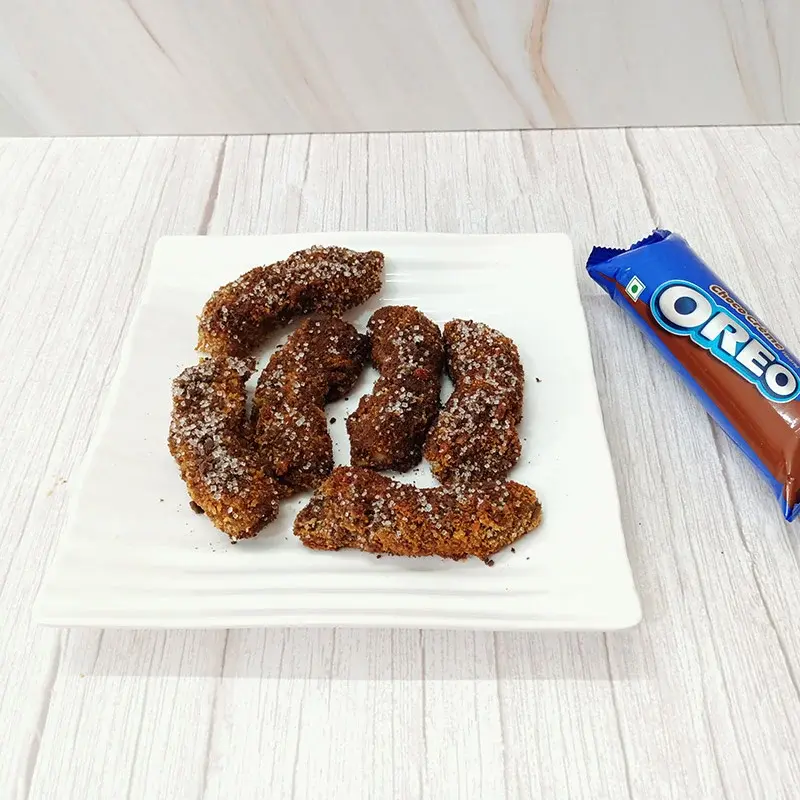Indulge in the mood-boosting benefits of chocolate! Discover how it can help beat the blues and lift your spirits with our expert guide.

There’s something magical in those dark squares, and they have nothing to do with your imagination. Benefits of dark chocolate. For one, they boost serotonin levels in the brain. Known as the feel-good hormone, serotonin plays a key role in combating anxiety and depression. Chocolate can also affect dopamine levels, thereby controlling the brain’s reward and pleasure centers. Gone are the days of ‘an apple a day keeps the doctor away’. Switch over to ‘a bite at night keeps you perfectly alright!’ Let’s dive a little further into the details.
Like This Article?
More Like This

Vegan Pastry Recipes To Make At Home
5 mins
Jun 27, 2024

Wholesome Peppermint Oat Bars for a Nutritious Snack
6 mins
Jun 23, 2024

Keep the Blues Away With This Dark Chocolate Milkshake
6 mins
Oct 28, 2024

This Dark Chocolate Truffle Cake Will Drive Away Your Monday Blues
6 mins
Oct 24, 2024
Popular Articles

Classic Sweet Recipes to Celebrate the Serenity of Buddha Day
4 mins
May 7, 2025

How to Keep Fruit Tarts from Becoming Soggy: Key Techniques
4 mins
May 6, 2025

Decadent Mango Mousse with Cadbury Silk Swirls: A Dessert to Impress
3 mins
May 5, 2025

7 Steps to Make the Perfect Chocolate Lava Cake for Mom
4 mins
Apr 30, 2025

How to Make Creamy Oreo Infused Panna Cotta in Simple Steps
3 mins
Apr 25, 2025
Trending Web Stories
Curated Recipes

Bournville Ragi Laddoo
45 minseasy

Crispy Banana Fritters with Oreo Crumbs
45 minseasy

Lemon Cupcake with Whipped Chocolate Ganache Frosting
55 minsmedium

Cadbury Sandesh
20 minsmedium

Cadbury Rasmalai
40 minsmedium











